No content results match your keyword.
Content
You have successfully logged out.
Not registered yet?
Strength through diversity
Diversity and inclusion are important to companies, especially in volatile times. The wellbeing of employees critically depends on these two factors. B. Braun colleagues from various countries tell us about what diversity means to them specifically.
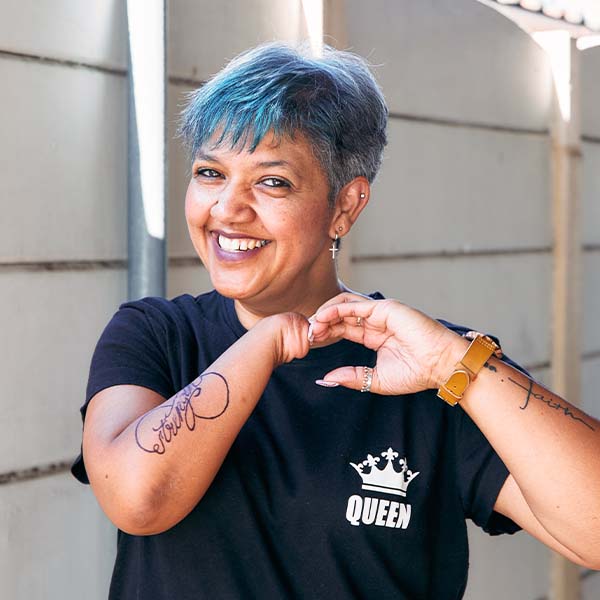
The concept of diversity has traction these days. Businesses, institutions and a wide swath of society agree that diversity is a strength—and that different viewpoints and backgrounds enrich debate and make decisions more sustainable. The multitude of crises unfolding currently are unmistakable: war in Europe, inflation, the aftereffects of the coronavirus pandemic. Social and economic uncertainty is higher than it has been in decades. In times of uncertainty such as these, embracing diversity is a critical stabilizing factor both for society as a whole and especially for businesses.
This has been backed up with a wealth of data collected as part of a widely respected study by the International Labour Organization (ILO), an agency of the UN in Geneva. Researchers at the ILO evaluated over 12,000 surveys from hundreds of businesses in industrialized and newly industrialized countries. Jae-Hee Chang is the senior program and operations officer at the ILO. She headed the research project and summarized the results: “As we’ve known for some time: a high level of diversity directly correlates with greater productivity. Recruitment is one of the most important ways to achieve this. Companies that embrace diversity are simply more attractive.”
The study also found that businesses with a diverse culture are more flexible to changing market conditions, which means they can react more quickly. Yet, diversity is more than just a tool for a company’s success. The actual focus of the ILO study is people. As Chang explained, “We were mostly interested in employee wellbeing and we found that it is directly linked to the level of diversity. In diverse companies, the employees—everyone, really—find it easier to see themselves as part of a whole. On the other hand, and this is an integral part of it, they feel respected as individuals. They can be themselves and that's precisely what makes them part of a community.” This exact combination produces a quality that is more important than ever in times of crisis, both on the individual and company level: resilience—the ability to overcome volatile times.
“As we’ve known for some time: a high level of diversity directly correlates with greater productivity. Recruitment is one of the most important ways to achieve this. Companies that embrace diversity are simply more attractive.”
At B. Braun, diversity is firmly embedded in the company’s values. Our corporate culture is characterized by respect, equality, inclusion, trust and a willingness to accept responsibility. This means we are constantly taking steps toward greater diversity. For B. Braun, diversity is not just a goal that is accomplished once, it is a process that is reshaped every day. Six colleagues from the United Kingdom, Kenya, Germany, Malaysia, the United States and Brazil tell us about their own personal experiences with this here.
Allison Hughes, Director, Health Systems Solutions Key Accounts, B. Braun Aesculap Division, USA
It is unfortunate that discrimination based on race, ethnicity, and skin color persists in many parts of the world, including the United States. As the Director of Health Systems Solutions Key Accounts at B. Braun Aesculap USA, I want to highlight the importance of conscious and lived diversity in addressing these issues.
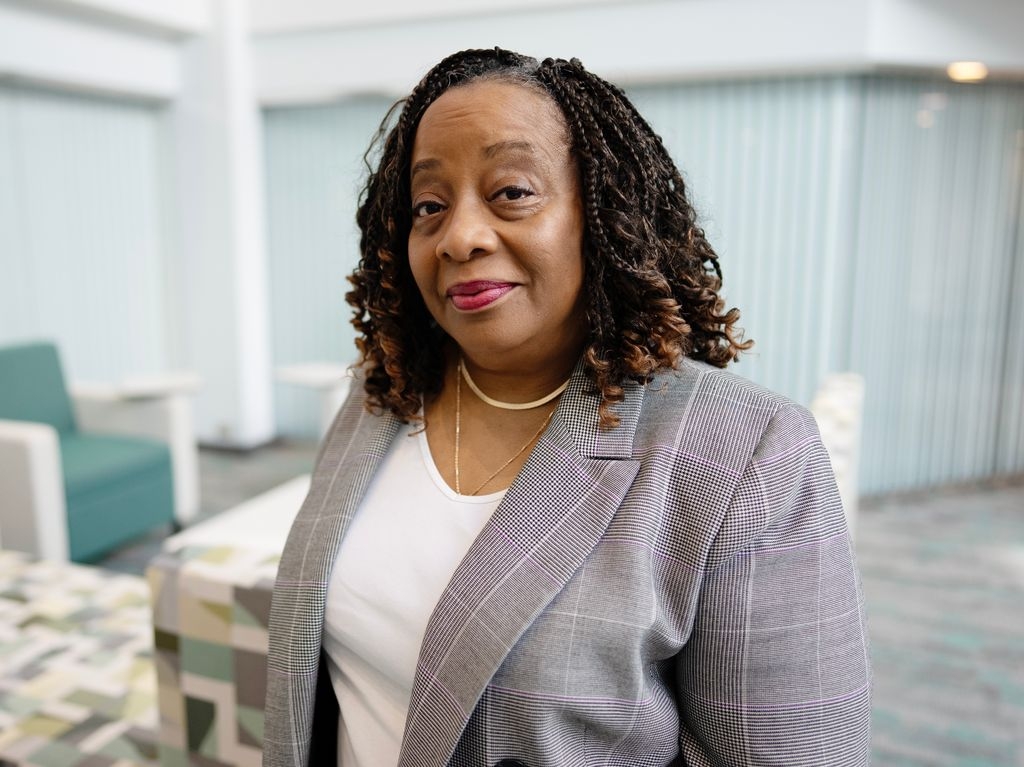
In my role as Co-Lead of the Employee Resurce Group (ERG) Black Unity in Leadership and Development (BUILD), I am working to promote awareness and education around issues affecting the internal and external African American community. I note that the BUILD ERG is a group that has had a significant impact on sharing pertinent information with the general body and with other ERGs within the company. B. Braun has been supportive of our message and activities.
One issue that exists in the US today is health care inequity. People with black or brown skin are more likely to be injected multiple times when inserting a needle for an IV or when drawing blood as the veins in people of a darker hue are not always as prominent as those with lighter skin. This can be painful and dangerous to patients and is an example of how greater awareness of diversity can improve medical care.
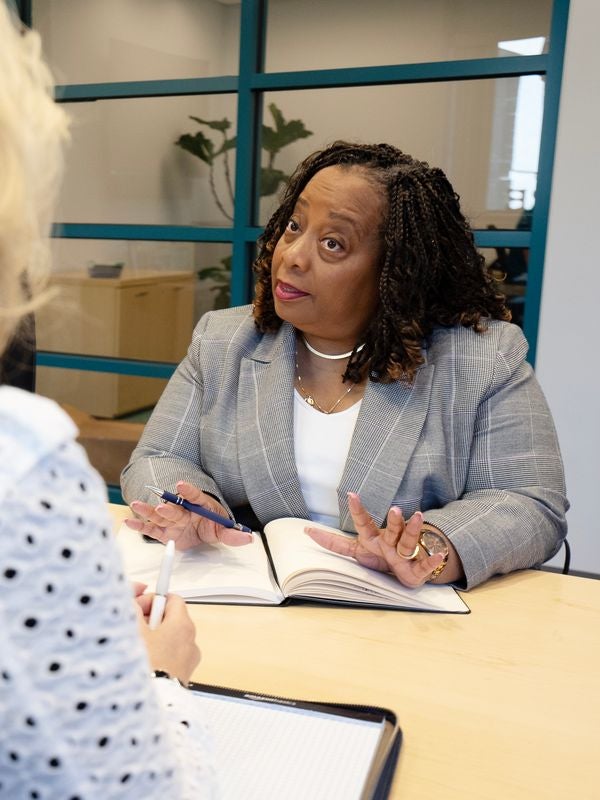
B. Braun has developed a training program to raise awareness of this issue among prospective medical staff with our vein viewer product. This demonstrates a positive step and a commitment toward promoting diversity and equality in health care. It is important for all individuals within the region to take action to promote diversity, equity, and inclusion, and to challenge and address discrimination when it occurs. By working together to promote awareness and education, we can create a more just and equitable world.
Maria V. Butler, eDMS & Training System Specialist, Irvine, USA
Since I was 13 years old, I have suffered from depression and anxiety. I have the illness mainly under control, but I struggle with it every day. I have a very lively temperament - but then a mood swing overtakes me, and I suddenly become very quiet and withdrawn. I had problems with this in my previous job. My supervisor thought I was unfriendly and grumpy during these quiet periods and reprimanded me. I changed employers.
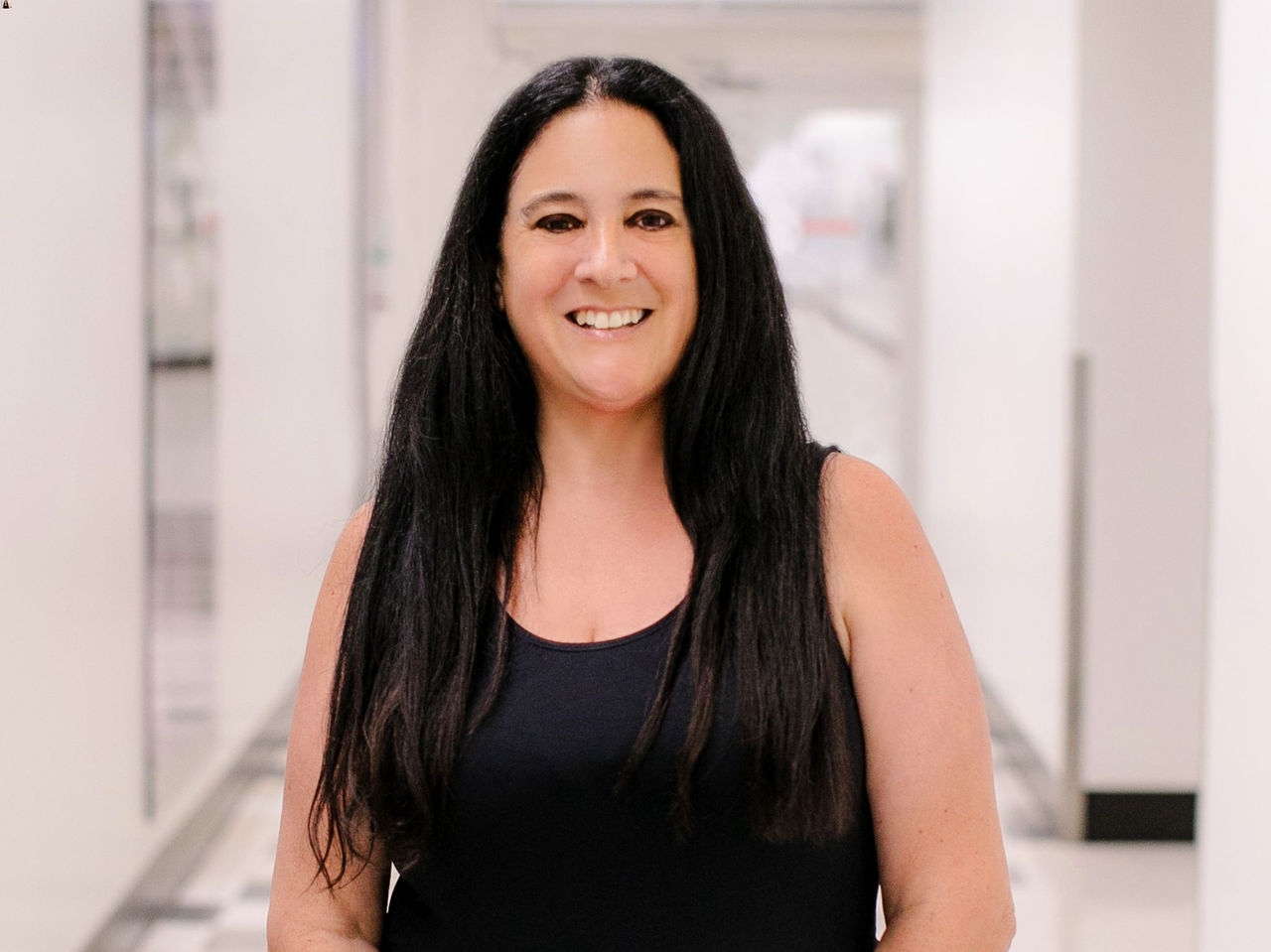
At B. Braun, everything was different from the start. I work at the Irvine manufacturing facility as a trainer for new employees. When I applied for the job, I stated that I had "unique abilities," which is a way of referring to disabilities here in the United States. I also confided in my supervisor and my team, and everyone was very considerate about it. I felt understood. Then one day this system was put to the test. I made a mistake at work and one of my coworkers was upset. She made it clear to me. However, when I am confronted with something loud, I automatically fall silent.
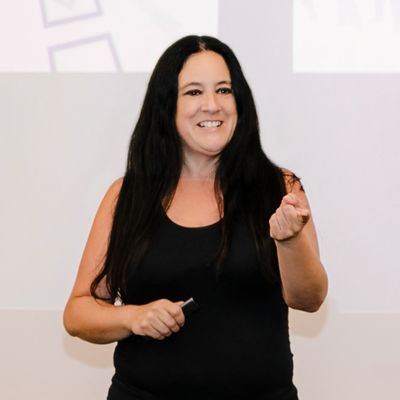
“If people seem withdrawn and apathetic, it doesn't necessarily mean they don't want to do their job. They could also be depressed.”
My supervisor noticed the situation, stepped in and explained to my colleague what was going on with me. She understood immediately, and we went for a walk and solved the problem. I am now going to talk about my illness at B. Braun's Global Diversity Week. I want to raise awareness that not all disabilities are visible at first glance. And that people who suffer from depression and sometimes seem apathetic still want to do and love their jobs. In my case, for example, I prefer to be around people, even when I'm feeling down. When I'm alone, I get overwhelmed. That's why I said in my application that working from home is not the right thing for me, I want to be with colleagues. My colleagues now know that - and I couldn't ask for a better place to work. Here at B. Braun, I am allowed to be myself.
Hezrin Hazrizal Abdul Halim, Manager Information Security Awareness & Training, Penang, Malaysia
I work in Malaysia and manage a team here that is responsible for Information security at B. Braun worldwide. My job means that I deal with people from all over the world every day. Cultural differences are therefore part of my daily work. My principle here is that I first try to show understanding towards my counterpart. In my experience, if you do that, you will also be met with a great deal of understanding yourself.
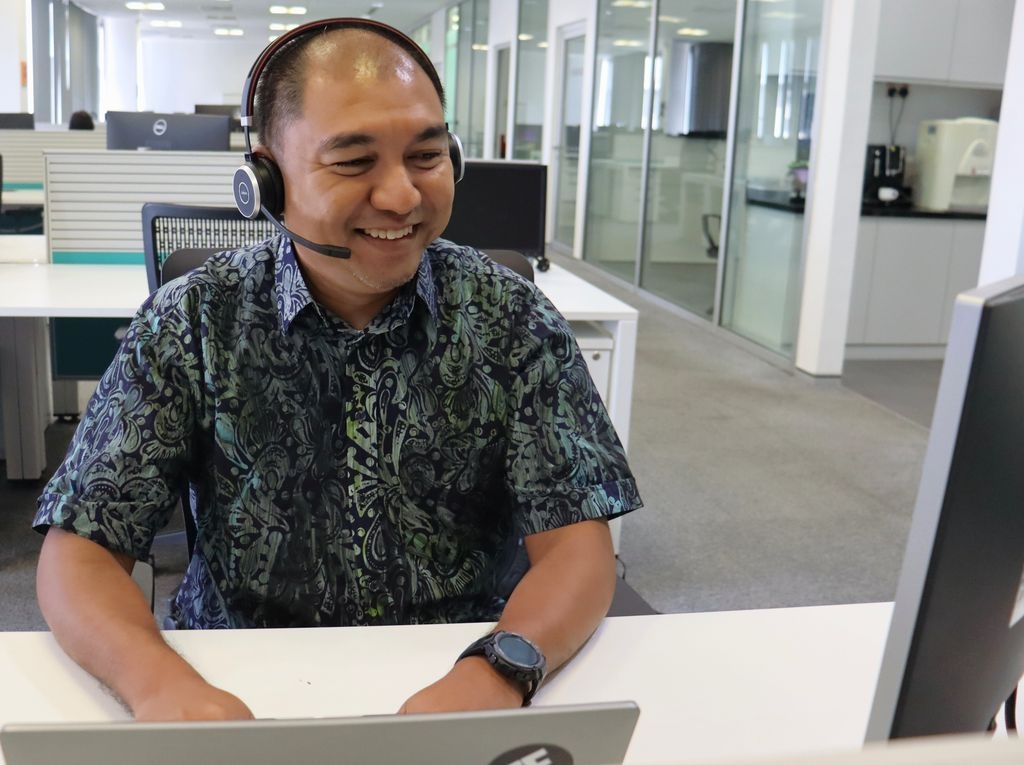
To me, the work situation in Malaysia is uniquely special due to the rich history of the three main ethnic groups whom we call as Malays, Chinese and Indians. We have long since lived together in harmony as Malaysians since before we reached our independence in 1957 and naturally, all these years, there will be some unique differences of our backgrounds, beliefs and cultural norms. As much as there are stereotyping of our characteristics coming from the different races, I find that we are not that much different, when there is respect, warmth and being helpful towards one another at work.
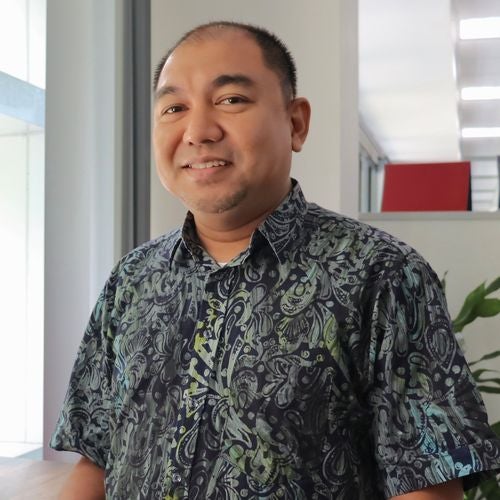
In my day-to-day work, I find diversity to be a great asset. A broad range of experiences – and ethnicity is just one of many factors here – helps to achieve the best results. For example, when we recently had to deal with Japanese customers, I asked my team who knew how to use the LINE messenger – it is hardly used in Malaysia, but is standard for all types of communication in Japan. A colleague who had experience in Japan was able to help me very quickly. I also particularly liked this campaign: a colleague was in hospital and the whole team designed a get-well poster for him – with wishes in Hindi, Mandarin, Malay and other languages. In view of this, I was reminded of a saying that seems very appropriate to me: "The beauty of a garden is not just in one flower."
Sam Fairbanks, Learning & Development Specialist, Sheffield, United Kingdom
I work in HR and deal primarily with developing our leaders. Several studies show that diversity is a topic that plays a role throughout the company because it affects every employee. However, executives take on a special responsibility when it comes to diversity. They must be a role model for promoting diversity: they embody it every day and act with great sensitivity, spreading it to the entire team. One of the most important things here is: how can you raise awareness of your own presumptions?
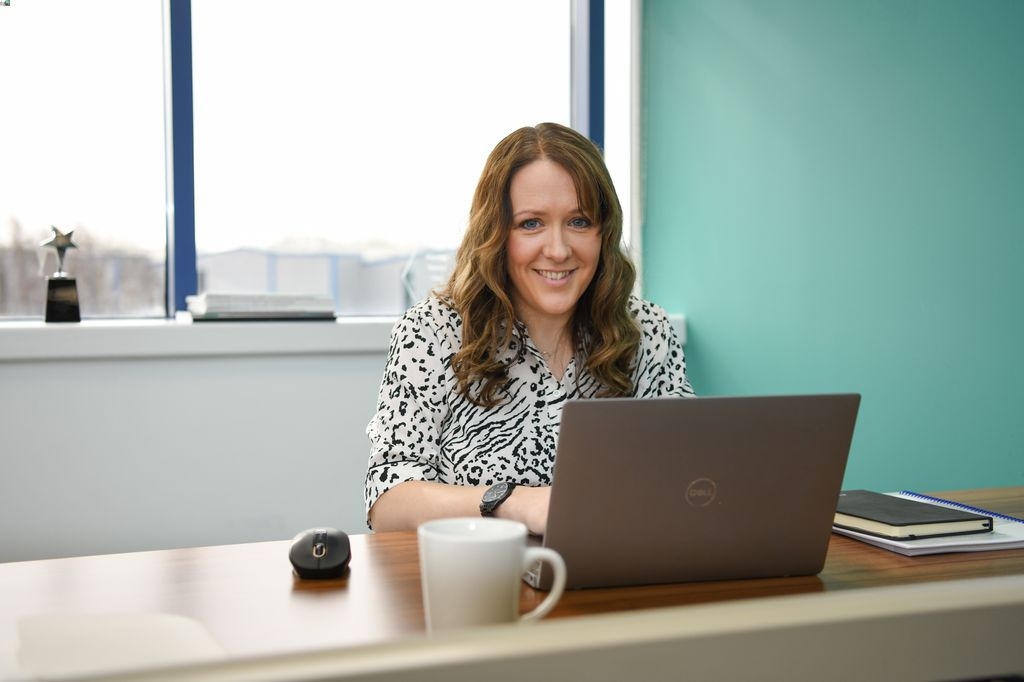
Here, we work with different tools to help us with this. Are women in our organization seen as being more emotional, or they are expected to break out in tears in certain situations. Or that men viewed as more logical and rational? These presumptions can make their way into conversations, even during recruitment, and the consequence is that this person is not seen as an individual but rather as a stereotype. But if you become aware of the assumptions in your own thinking, you can do something about it—and let the person show up, shine even, as the individual they really are.
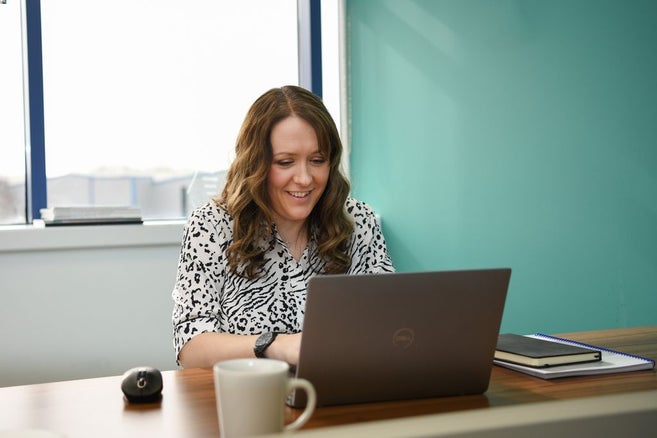
Joyce Njiru, Financial Controller, Nairobi, Kenya
The concept of diversity is different in Kenya. Sexual orientation, for example, is almost never talked about—gender fluidity, even less so. The topic of women in management positions is growing in importance, but there's still a lot to do. One issue specific to this country is the variety of ethnic groups. Kenya has 42 of them, each with different languages, cultures and lifestyles.
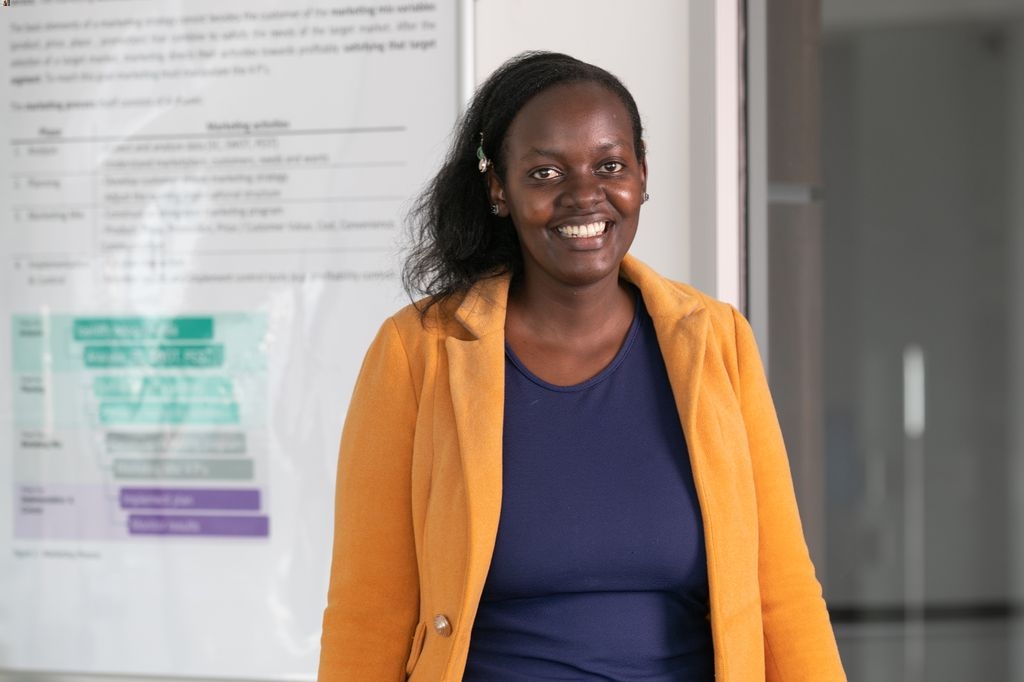
However, when recruiting for two B. Braun companies in Kenya, we pay close attention to diversity. This isn't done with quotas for individual ethnic groups—it’s just an unspoken reality that many different groups work here. It’s not just about inclusion. As a medical technology company, we naturally don't focus on a single group—such as people in large urban areas. We also have customers in rural areas and in order to understand them and especially to properly communicate with them, ethnic diversity is simply a necessity.
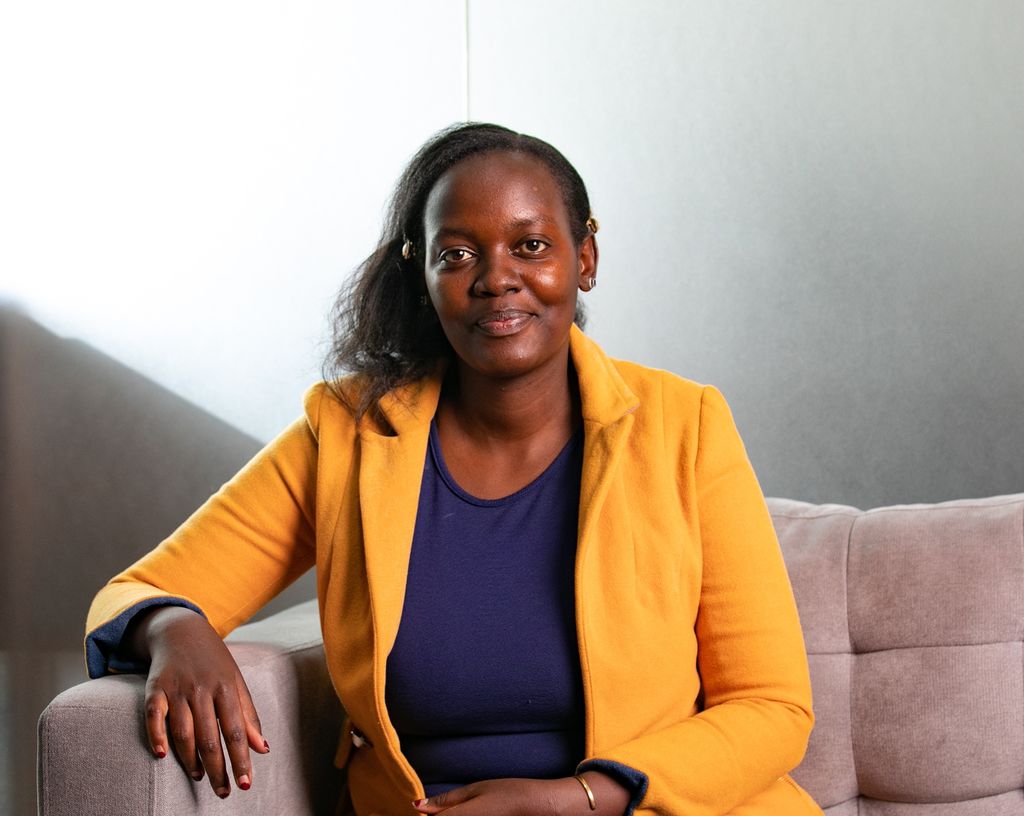
“As a medical technology company, we naturally don't focus on a single group. Ethnic diversity is simply a necessity!”
Renata Almeida, Senior Project Manager Digital HR, Melsungen, Germany
I’m Brazilian and started working at B. Braun in Brazil before I came to the German headquarters in Melsungen in 2020 to work on the global project ‘HR SuccessFactors’, one of the major projects of our company regarding technological & organizational transformation, focusing on harmonizing processes and establishing one global HR organization. Diversity plays a decisive role here, not just on the individual level. Our goal is to always treat people as the individuals they are. But diversity can also refer to different work cultures.
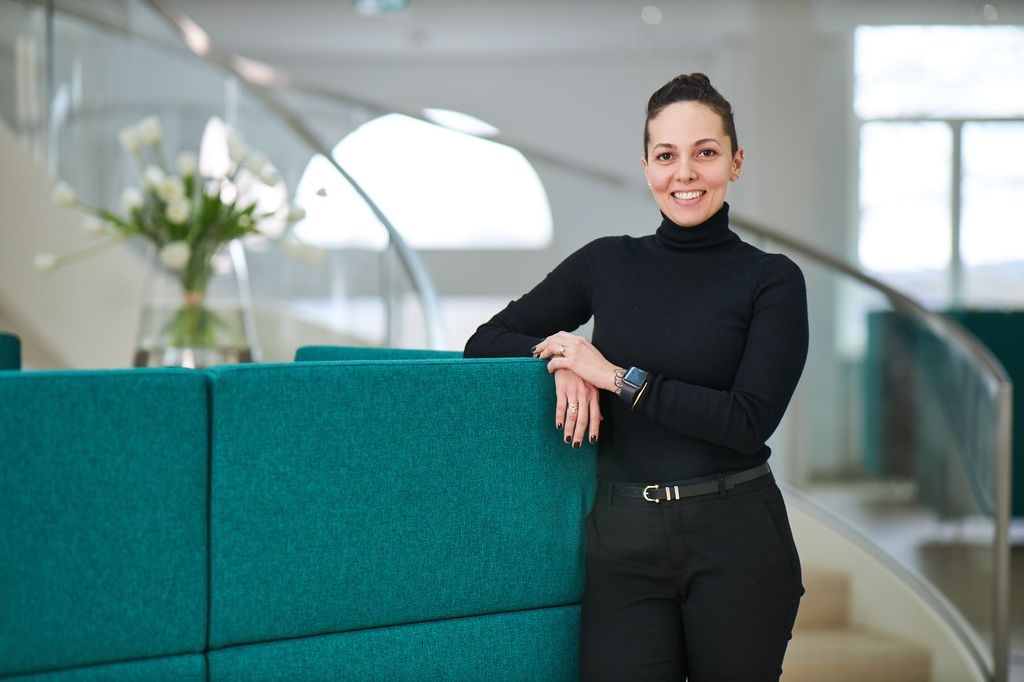
B. Braun is a German company that does business on different continents, so it’s imperative to be open to different mindsets, cultures, and environments. Being so plural, it would just not make sense to consider only a German-centric perspective in such a critical global project.
For instance, in markets like Brazil there’s a high level of mobility in the job market, so a lot of effort is spent to attract and retain talent. In Germany, on the other hand, the market is more stable and efforts are spent on other fronts – this is a good example that if we are not open to listening to each other and understanding how we can have corporate guidelines considering specific circumstances that might apply to our different locations, we may not reach our full potential of success. Diversity means recognizing and responding to these different environments—and addressing them. But you must first recognize, acknowledge and embrace a work culture to get the best out of our diverse workforce and make them feel they belong here. The only way to make progress is with empathy, open communication and transparency —to the benefit of everyone.
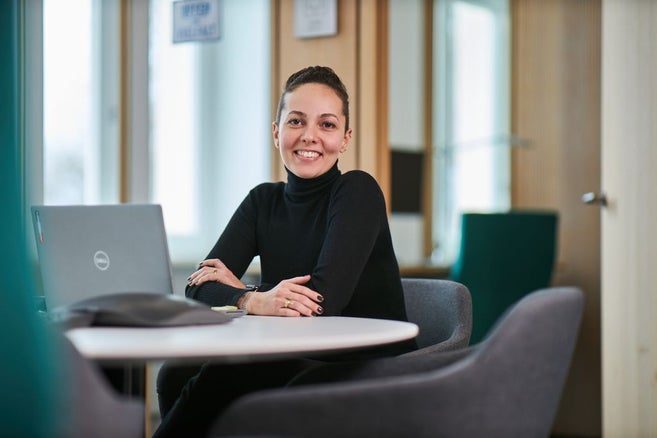
Yongji Fu, Vice President and Head of Research & Development, Penang, Malaysia
I work in a highly diverse team, especially in terms of origin, culture and ethnicity. I'm Chinese, myself, and my colleagues here include Malay, Indian as well as German. In our daily work, you notice this mostly in who has which days off. For example, there's the Eid for Muslims, Diwali for Hindus, Chinese New Year for the Chinese and the Christmas holidays for Christians. There’s a lot of openness and curiosity here about this cultural diversity, people are interested in it and are happy for each other.
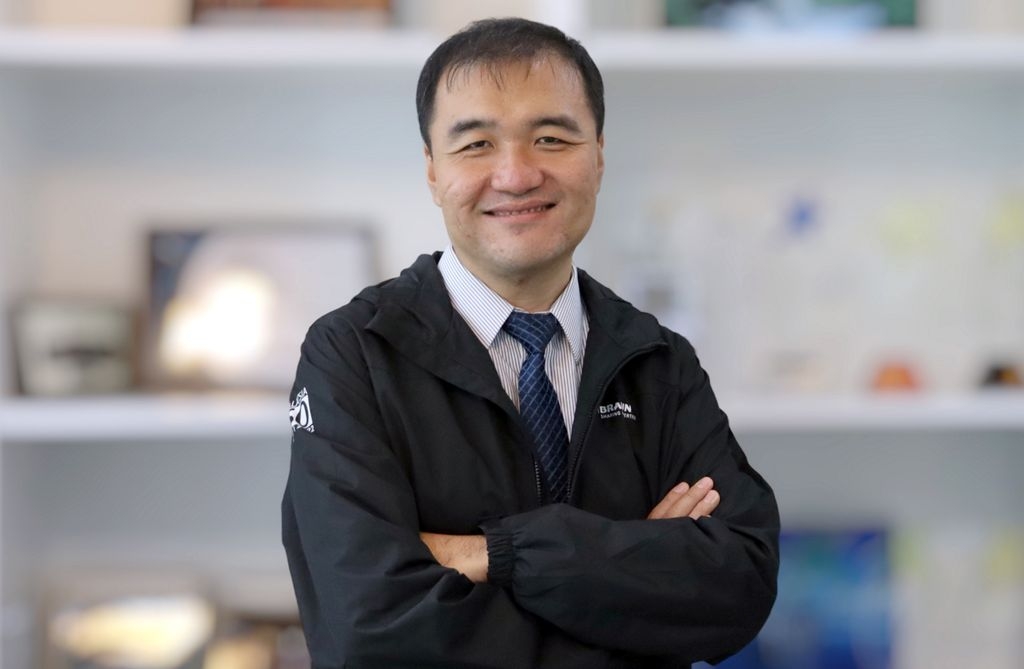
In our department, we are responsible to establish the innovation roadmap of intravenous catheters and implement it. It would not be ideal if these catheters were developed by a group of engineers who are all alike, when the nursing professionals who are our customers are diverse in age and gender. This means we need the specific experience, the vision, the background of different people to develop a product which nurses actually like to work with.
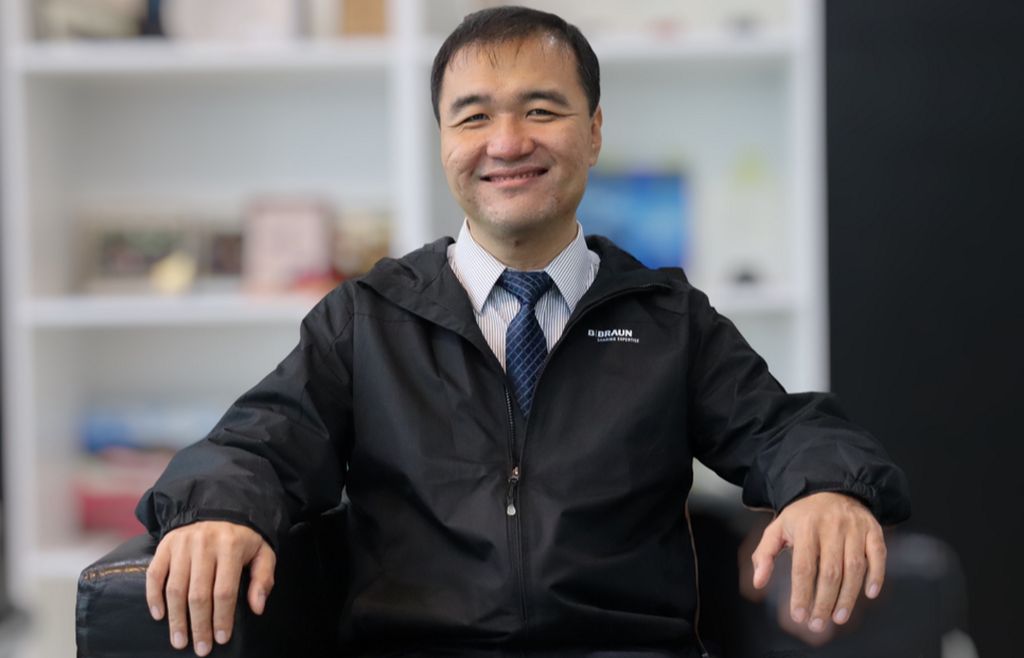
“For us, diversity isn't just a matter of respect, rather it plays a crucial role in the actual innovation work we do. ”
Joe Grispo, Senior Vice President and Chief Sales Officer, Bethlehem, PA, United States
I lead the sales organization for the North America region. Diversity has become a very hot topic with our customers and partners in the last several years, with much of the discussion centering around representation. The United States are very diverse, and it is critical that we represent the patients and providers we serve. Health equity is an issue that has been around for some time, but the Covid pandemic brought the issue of disparities in care for people in minority populations to the forefront.
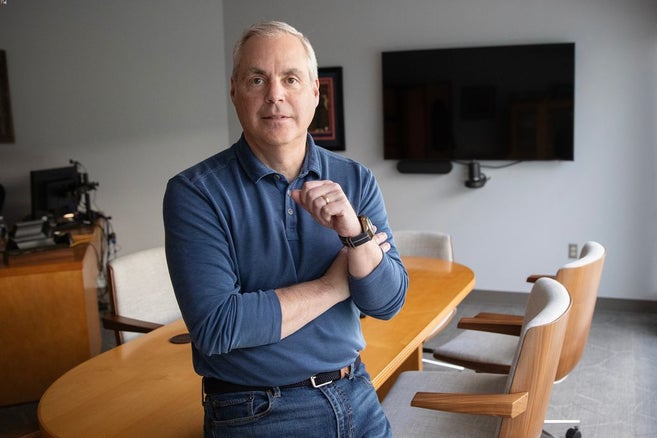
As a health care company, we have a responsibility to do our part to drive equity in healthcare. We work with different partners to accomplish this, such as Marathon Medical, a medical supply distribution company run by a combat disabled Vietnam, who distribute products to Veterans healthcare facilities. Or Kerma Medical, a distribution company that works with customers and suppliers to achieve their diversity goals. Having a diverse salesforce means that our customers and distributors can work with people who have similar experiences and backgrounds, creating an atmosphere of trust.
Higor Santana, Commercial Excellence Trainee, Rio de Janeiro, Brazil
You could probably think of me as a member of diversity at B. Braun Brazil. I’m openly gay, and I come from a very rural region in the Midwest. As because Brazil is a very mixed society, maybe it does not seem as segregated as it actually is. An example of this inequality is that graduates from elite universities who have traveled abroad have the best opportunities, especially in trainee programs. Of course, only the privileged can normally go to these universities anyway – and afford to go abroad. B. Braun Brazil is purposely countering this by opening a trainee program without excluding prerequisites, aiming to compose a diverse team, and giving opportunity to less privileged groups. We are a very mixed group of trainees, and the interactions are fantastic—we have all become friends.
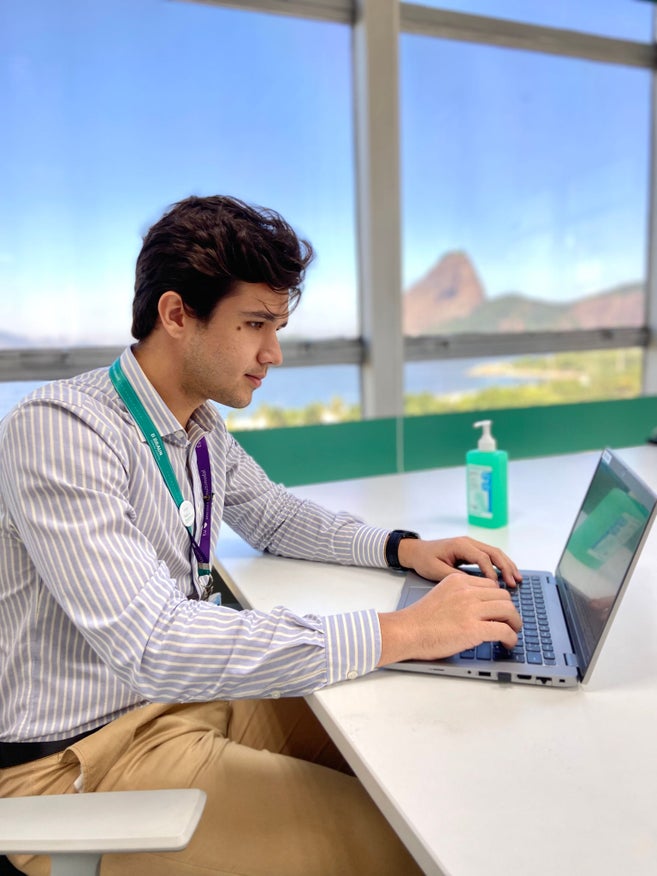
Recently, I joined B. Braun Brazil's Diversity Committee. Our task is to raise awareness for inclusion in every part of the company, using our own experience to reach all the employees. Let me give you a recent example: I’m open about my homosexuality and proud to tell anyone who is interested about my life with my husband. A person I work with, who comes from a very traditional upbringing, was clearly interested about my sexuality. She noticed that a family member could be gay and asked me about how my family reacted when I came out. We talked for a long time, and I was able to leave her with a good feeling, some certainty, and even specific tips. Only after this I realized: I represent diversity here, and my experiences matter in this environment—and that is a good thing.
Your feedback matters! Participate in our customer survey to help us enhance our website, products and services. Thank you for your support!